What Does #DeleteFacebook Say About Social Media and Politics?
/Written by Abi Gregson
Why is Mark Zuckerberg meeting MPs?
If you had told me years ago when I joined Facebook, a platform I primarily used to share the early stages of Spongebob memes with my friends, that it would be at the centre one of the largest political scandals of the decade, I probably would have laughed in your face.
At its birth, Facebook seemed harmless, a site where you share fun pictures of you and your friends and/or family (or in my case document your blossoming emo phase). Even years later, I still have friends who use it for its intended purpose, to show off their lives and chat to their friends which, again, seems relatively harmless. So why is #DeleteFacebook tending among a swell of anti-Facebook sentiment? Where did Zuckerberg go wrong? And what would happen if millions of users stopped using Facebook?
#DeleteFacebook
In case you haven’t heard, #deletefacebook began trending after it was revealed Mark Zuckerberg, Facebook’s CEO and co-founder, had been holding informal dinners with right-wing politicians and commentators. That in itself may seem a little silly to be too concerned about, however put into context with the earlier Facebook–Cambridge Analytica data scandal, it doesn’t look too rosy.
Although we got some very funny videos out of the scandal, what we essentially found was our data was being used without our consent to create targeted ads. Targeted ads are a part of everyday internet life. Any digital marketers worth their salt will ensure that a brand’s ads will reach the appropriate people. However, influencing shopping habits is one thing, influencing political stances and potentially the fates of entire nations is a different ball game altogether.
Social Media and Politics
But what does this say about social media and politics? Well, that they go hand in hand really. Many politicians have incredibly positive online followings and whatever they post on social media will be noted when it comes to the election. And of course, Trump loves Twitter. Politicians aren’t just people who stand on a stage and give speeches anymore, they can talk to us directly, they use Twitter and Facebook like us. This is a good thing. The problem is that we can’t be sure if Facebook, or any other entities holding such a huge amount of our personal information, has our best interests at heart.
The future looks worrying for Facebook ads. We are becoming more aware of the dangers of irresponsible social media use, but for now it’s safe to say that Facebook and most of its 2.4 billion users won’t be going anywhere soon.

